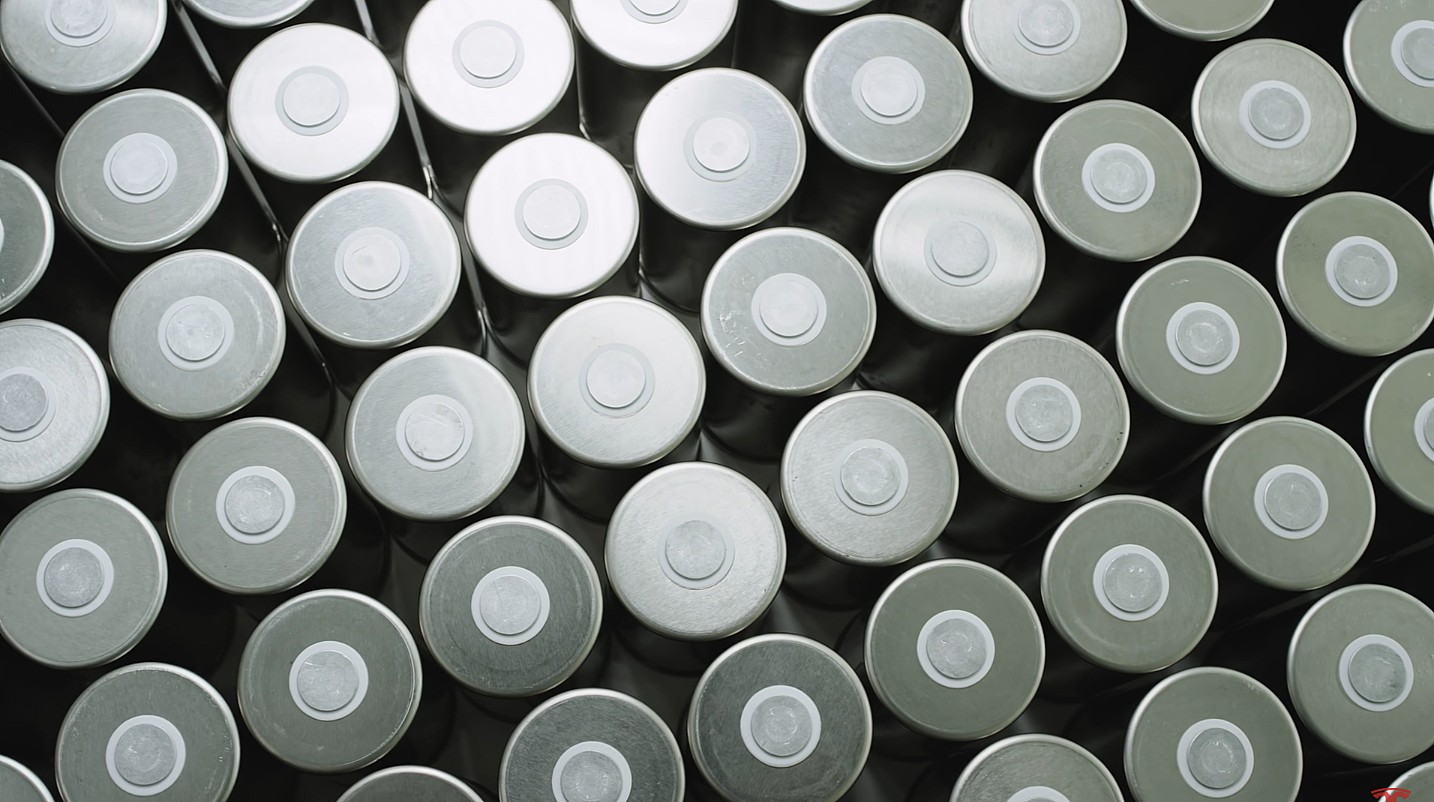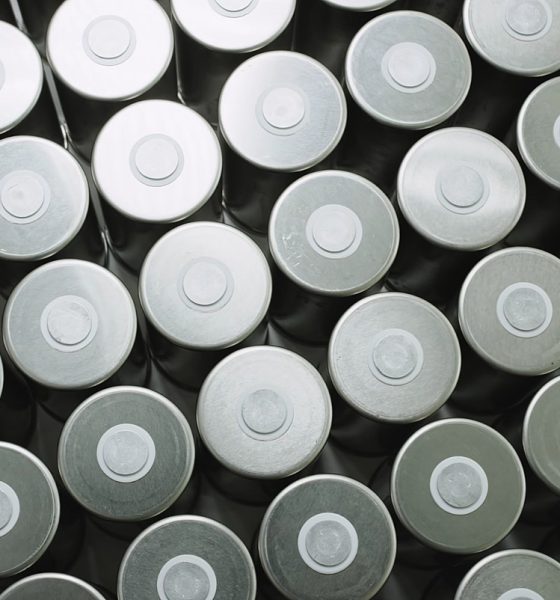LG Energy Solution (LGES) and SK On are laying off workers as it reduces electric vehicle (EV) investments in North America. The South Korean battery suppliers are slowing their expansion in North America due to sluggish demand in the electric vehicle market.
LG Energy Solution announced it would be laying off 170 workers at its Michigan plant this month. The South Korean battery supplier stated it would lay off almost 10% of the employees in its wholly owned site in Holland, Michigan. LGES explained that the layoffs are due to “automakers realigning the speed of the EV transition.”
The Biden Administration’s Inflation Reduction Act (IRA) has spurred investments in EV and battery manufacturing in North America. Some analysts believe the investments are moving faster than the transition to EVs.
“The market seems to be going through a correction,” said Lee Hang-koo, president of Jeonbuk Institute of Automotive Convergence Technology (JIAT). “There is growing concern about overcapacity, as too much investment has been made in the sector in a short period of time.”
LGES has joint ventures and partnerships with top automakers in the United States, including Tesla, Ford, and General Motors. Fellow South Korean battery maker SK On also has deals in the United States, specifically with Ford.
SK On and Ford signed a $11 billion deal in 2021. Recently, SK On announced plans to put workers on furlough while it reduces output in its Georgia plant. The Asian battery supplier laid off over 100 workers in Georgia in September. It also plans to delay the launch of its second plan in Kentucky, a joint venture with Ford. The Kentucky plant was expected to be operational by 2026.
Automakers have also started to be more cautious with their expansion plans. Ford recently scaled back its plans for its new Michigan EV battery plant, reducing the estimated jobs it would offer and decreasing its output capacity. Even Tesla hinted at delaying its plans for Giga Mexico at its last earnings call.
“And in Mexico, we’re laying the groundwork to begin construction and doing all the long lead items, but I think we want to just get a sense for the global economy is like before we go full tilt on the Mexico factory. I am worried about the high interest rate environment that we’re in,” said Elon Musk during the Q3 2023 earnings call.
The Teslarati team would appreciate hearing from you. If you have any tips, contact me at maria@teslarati.com or via X @Writer_01001101.

News
Tesla’s Sweden standoff draws UAW support as unions widen pressure campaign
In a post shared on social media, the United Auto Workers stated that it stands with IF Metall workers who are striking against Tesla Sweden.
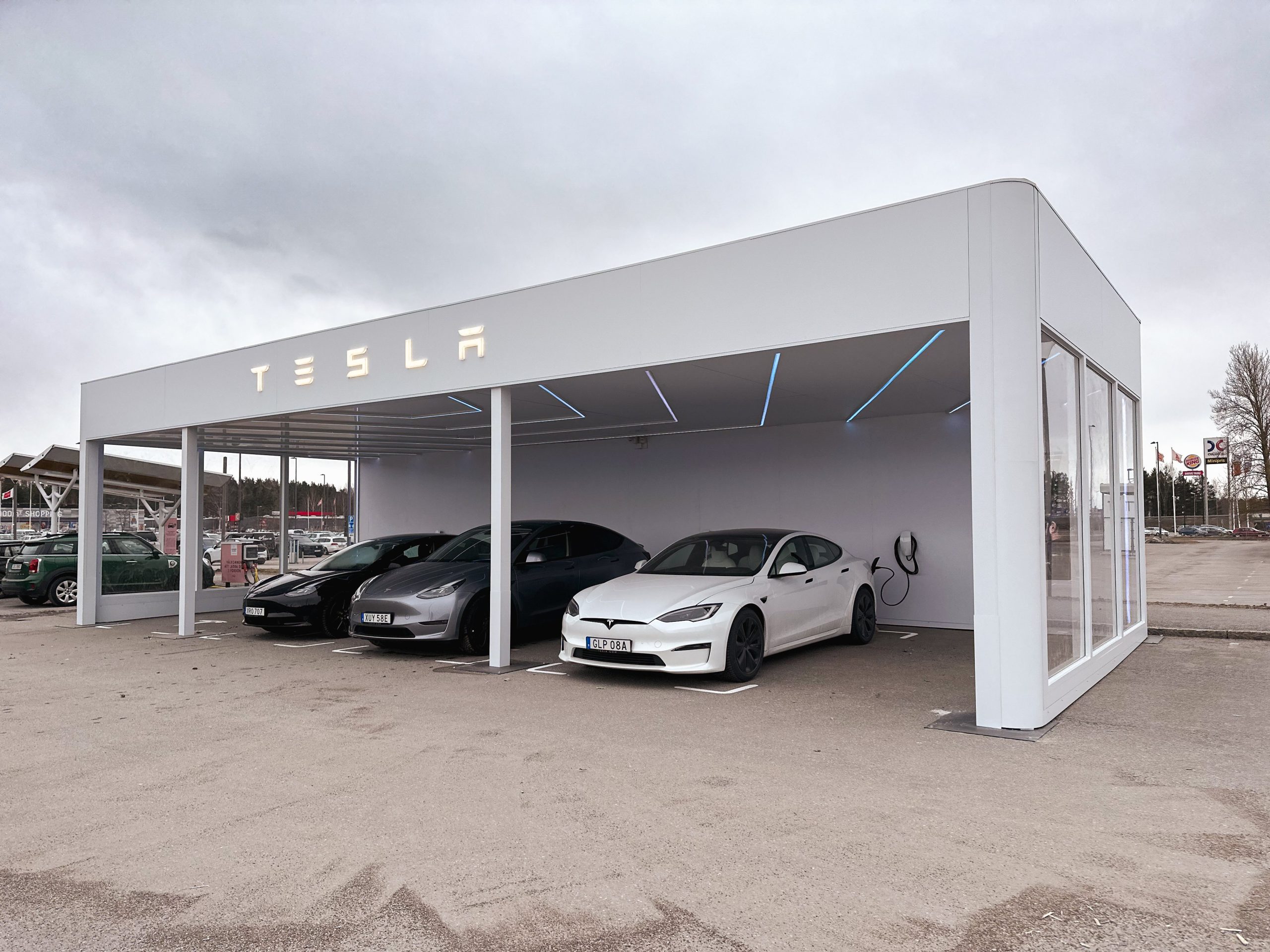
The United Auto Workers (UAW) has publicly expressed solidarity with Swedish union IF Metall as its strike against Tesla continues, adding international attention to the extended labor dispute in the European country.
UAW supports IF Metall’s strike
In a post shared on social media, the United Auto Workers stated that it stands with IF Metall workers who are striking against Tesla Sweden. UAW Region 8 Director Tim Smith stated that the union fully supports IF Metall’s efforts to secure a collective bargaining agreement with the automaker.
“UAW stands with IF Metall workers on strike against Tesla, fighting for a collective bargaining agreement. UAW Region 8 Director Tim Smith pledged the UAW’s full support and solidarity,” the UAW International Union stated in its post.
IF Metall launched its strike against Tesla Sweden in late 2023 over the electric car maker’s refusal to sign a collective agreement. The action has since been supported by other unions through sympathy strikes affecting ports, logistics, and service operations.
Tesla Sweden has maintained that it complies with Swedish labor laws and offers competitive pay and benefits, though the company has not publicly commented on the UAW’s latest show of support.
Tesla owners get union attention
Pro-union groups in Sweden have recently expanded their outreach beyond Tesla’s facilities and workforce. Activists have begun distributing informational leaflets against the EV maker directly on Tesla vehicles parked across Stockholm, as per a report from Swedish outlet Dagens Arbete.
The yellow slips, designed to resemble parking notices, urge regular Tesla owners to pressure the company into signing a collective agreement. Organizers involved in the effort have argued that the leaflets are intended to simply inform consumers rather than single out individual owners. When owners are present, however, activists stated that they explain the dispute verbally.
Tesla has not issued a public response regarding the leaflet distribution campaign as of writing.
News
Starlink goes mainstream with first-ever SpaceX Super Bowl advertisement
SpaceX used the Super Bowl broadcast to promote Starlink, pitching the service as fast, affordable broadband available across much of the world.
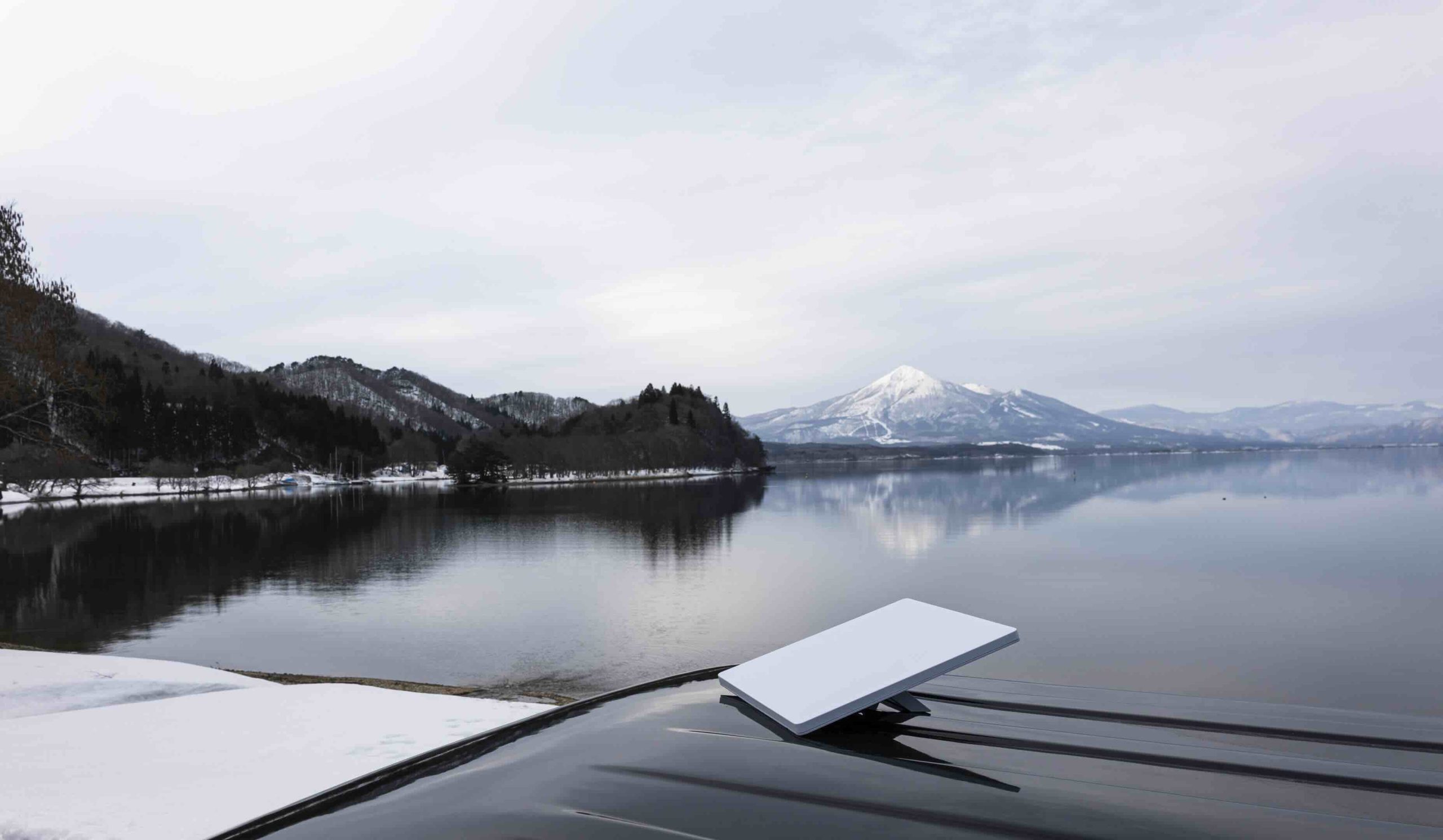
SpaceX aired its first-ever Super Bowl commercial on Sunday, marking a rare move into mass-market advertising as it seeks to broaden adoption of its Starlink satellite internet service.
Starlink Super Bowl advertisement
SpaceX used the Super Bowl broadcast to promote Starlink, pitching the service as fast, affordable broadband available across much of the world.
The advertisement highlighted Starlink’s global coverage and emphasized simplified customer onboarding, stating that users can sign up for service in minutes through the company’s website or by phone in the United States.
The campaign comes as SpaceX accelerates Starlink’s commercial expansion. The satellite internet service grew its global user base in 2025 to over 9 million subscribers and entered several dozen additional markets, as per company statements.
Starlink growth and momentum
Starlink has seen notable success in numerous regions across the globe. Brazil, in particular, has become one of Starlink’s largest growth regions, recently surpassing one million users, as per Ookla data. The company has also expanded beyond residential broadband into aviation connectivity and its emerging direct-to-cellular service.
Starlink has recently offered aggressive promotions in select regions, including discounted or free hardware, waived installation fees, and reduced monthly pricing. Some regions even include free Starlink Mini for select subscribers. In parallel, SpaceX has introduced AI-driven tools to streamline customer sign-ups and service selection.
The Super Bowl appearance hints at a notable shift for Starlink, which previously relied largely on organic growth and enterprise contracts. The ad suggests SpaceX is positioning Starlink as a mainstream alternative to traditional broadband providers.
Elon Musk
Tesla engineers deflected calls from this tech giant’s now-defunct EV project
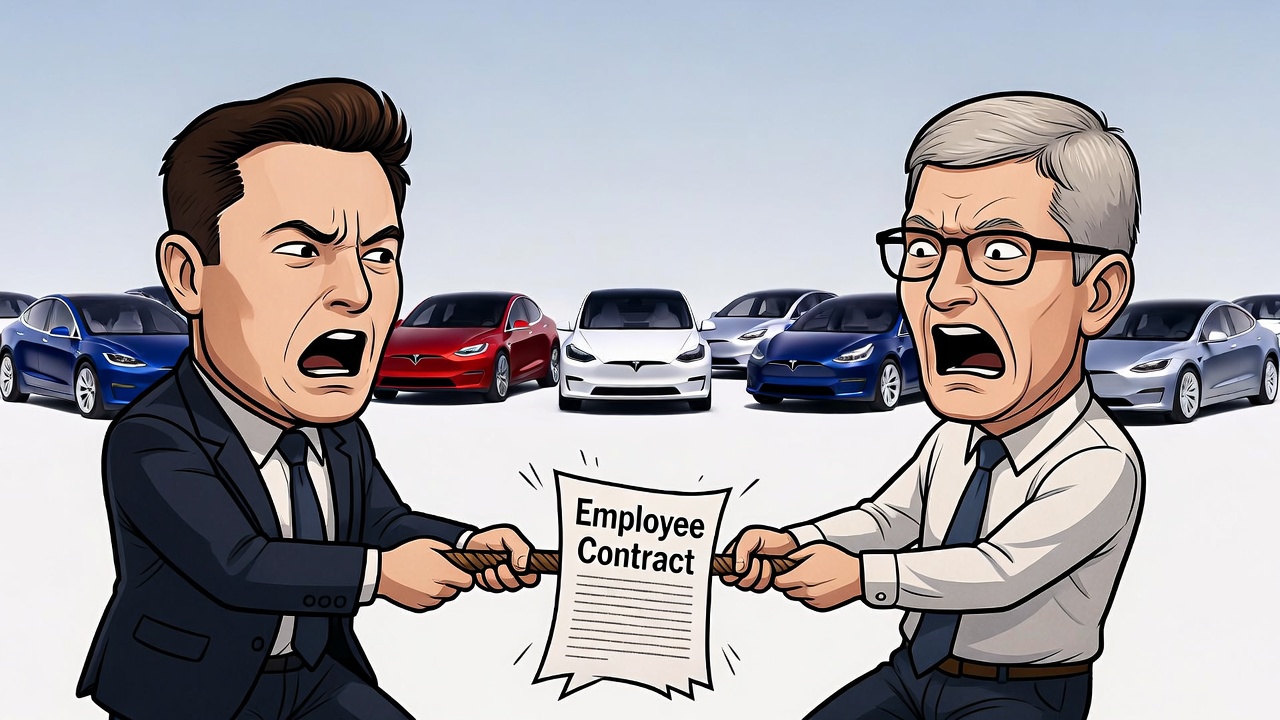
Tesla engineers deflected calls from Apple on a daily basis while the tech giant was developing its now-defunct electric vehicle program, which was known as “Project Titan.”
Back in 2022 and 2023, Apple was developing an EV in a top-secret internal fashion, hoping to launch it by 2028 with a fully autonomous driving suite.
However, Apple bailed on the project in early 2024, as Project Titan abandoned the project in an email to over 2,000 employees. The company had backtracked its expectations for the vehicle on several occasions, initially hoping to launch it with no human driving controls and only with an autonomous driving suite.
Apple canceling its EV has drawn a wide array of reactions across tech
It then planned for a 2028 launch with “limited autonomous driving.” But it seemed to be a bit of a concession at that point; Apple was not prepared to take on industry giants like Tesla.
Wedbush’s Dan Ives noted in a communication to investors that, “The writing was on the wall for Apple with a much different EV landscape forming that would have made this an uphill battle. Most of these Project Titan engineers are now all focused on AI at Apple, which is the right move.”
Apple did all it could to develop a competitive EV that would attract car buyers, including attempting to poach top talent from Tesla.
In a new podcast interview with Tesla CEO Elon Musk, it was revealed that Apple had been calling Tesla engineers nonstop during its development of the now-defunct project. Musk said the engineers “just unplugged their phones.”
Musk said in full:
“They were carpet bombing Tesla with recruiting calls. Engineers just unplugged their phones. Their opening offer without any interview would be double the compensation at Tesla.”
Interestingly, Apple had acquired some ex-Tesla employees for its project, like Senior Director of Engineering Dr. Michael Schwekutsch, who eventually left for Archer Aviation.
Tesla took no legal action against Apple for attempting to poach its employees, as it has with other companies. It came after EV rival Rivian in mid-2020, after stating an “alarming pattern” of poaching employees was noticed.
